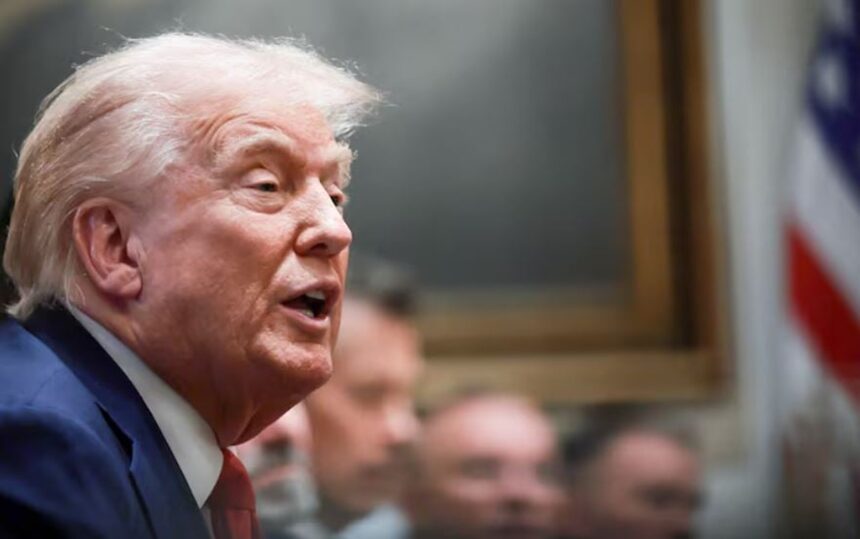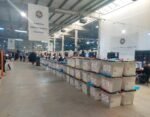The United States and Switzerland are set to unveil the details of a major trade agreement on Friday, following intensive negotiations that resulted in a significant reduction of tariffs recently imposed by President Donald Trump, according to officials.
The announcement came a day after discussions in Washington, where Swiss Economy Minister Guy Parmelin sought relief from the high duties the Trump administration implemented earlier this year.
“We have essentially reached an agreement with Switzerland. We will post the details today on the White House website,” U.S. Trade Representative Jamieson Greer told CNBC in an interview.
The Swiss government separately confirmed that the deal would reduce U.S. tariffs from 39% to 15%, marking a major de-escalation in the trade tensions.
Trump’s 39% tariff, imposed in August on Swiss imports, was among the highest in his global tariff campaign. Greer indicated that Swiss companies are expected to increase exports to the United States, including pharmaceuticals, gold refining products, and railway equipment.
The Office of the U.S. Trade Representative (USTR) has not immediately released further details regarding the forthcoming trade pact.
Careful Relief for Swiss Industry
The Swiss engineering and electrical industry association Swissmem welcomed the announcement, noting that Swiss firms had been concerned their global competitors might gain an advantage given that the European Union and Japan had previously secured tariffs at 15%.
While the reduction provides temporary relief, Swissmem President Martin Hirzel cautioned:
“Lowering tariffs is a temporary relief for the tech industry, but vigilance remains essential. New tariffs could still be introduced.”
He urged officials to continue efforts to reduce costs and open new markets.
Last week, executives from six major Swiss companies, including Rolex and Richemont, met with Trump to highlight the impact of his tariffs on their businesses.
Since taking office, Trump has imposed comprehensive duties on trading partners worldwide, targeting specific sectors such as steel, aluminum, and automobiles.
The high tariff rate threatened major Swiss export sectors, including watchmaking, industrial machinery, chocolate, and cheese. Although the pharmaceutical industry—Switzerland’s largest export sector—was initially exempted from tariffs, it faced ongoing threats of future inclusion.







